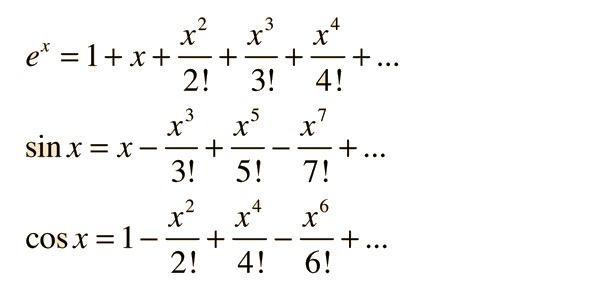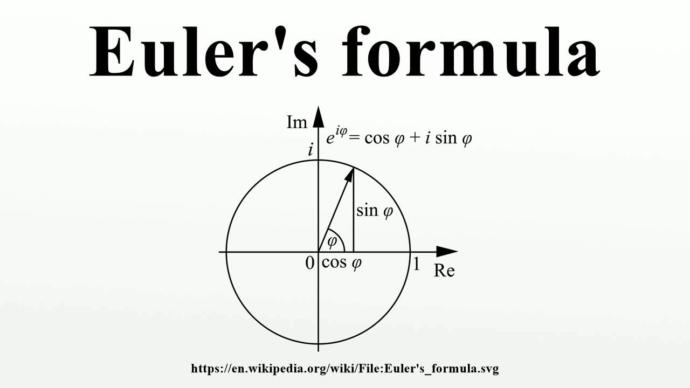Today is 2/7, a holiday known as e day. e=2.71828182845904523536028747135266249775724709369995...
But what is e?
Origins:
There's a formula to calculate the exponential growth of interest. Given P is the original input, A is the output, with t being time, r being your interest rate, and n being how often you're being paid, this is the formula:

Bernoulli wondered about this question:
Imagine you start with a dollar, and in 1 year, I give you a dollar. You now have 2 dollars.
Suppose instead I gave 50% every 6 months. Then you'd start with a dollar, you'd go to a $1.50, then $2.25. So you made more money. Suppose I paid you 1/12 every month, how much would you have? About $2.61 dollars. Suppose I did this more and more often. Suppose at every instant I paid you an infinitesimal amount. What does this value approach. That's e.
You might be saying how this number is even useful. Sure, it helped with a theoretical problem, but there's no such bank that would ever do that. Well here's the cool thing: While the equation for interest rate is about discrete payments, e is actually describing continuous growth. Suppose I wanted to model bacteria growth. How would I do that? Well the amount of bacteria after some given time is equal to Ae^kt, where A is your starting amount, k is some constant, t is time, and e is Euler's number.
Wait, why is it called Euler's number is Bernoulli discovered it?
Enter Euler
Now Euler is a pretty cool dude in mathematics. We knew of numbers called imaginary numbers, the square roots of negative numbers. They complete Algerbra. We also know of Taylor series. Taylor series are actually really cool because they're these infinite sum that are like polynomial that with finite terms can approximate a curve. If you added more and more terms, you'd get closer and closer to the true value.

Euler is really genius when he used Taylor series and imaginary numbers to come up with a formula. Here's the basics of the imaginary number (i). i^1=i,i^2=-1, i^3=-i, i^4=1 and it repeats. Substituting ix in the Taylor series of e, he gets out cos(x)+isin(x).

So happy e day everybody!
Most Helpful Opinions